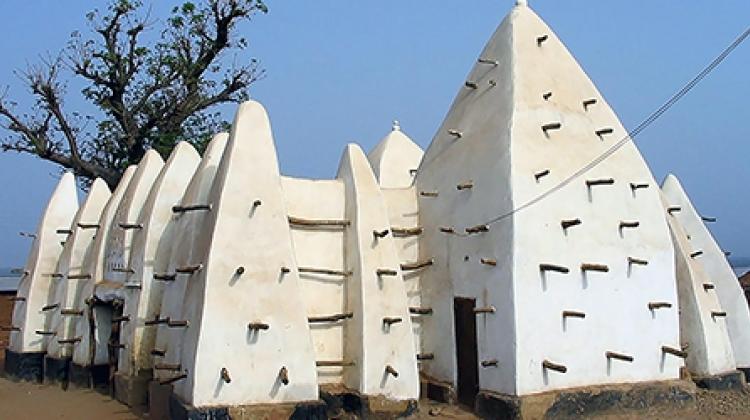The Place of Africa, in Theory

The Place of Africa, in Theory
Among the questions that haunt studies of Islamicate culture in Africa is the place of Africa itself: its bifurcation into parts “North” and “sub-Saharan”; its complex relationships to Arabness and Blackness; and its articulation within shifting borders that define Arabic and Islam as, by turns, indigenous or exogenous linguistic and religiocultural formations. From twentieth-century pan-Africanist theories of decolonization that interrogated the Arab/Black fault line and reasserted the place of Africa in transcontinental terms, this lecture will turn to long-nineteenth-century Arab-Islamic framings of Africa to ask whether, and to what extent, the binary that bedevils the study of Islam in Africa today is a modern problem born of European colonial epistemology. My focus will be on the writings of the Ottoman-Palestinian intellectual Muhammad Ruhi al-Khalidi, who served as consul general of the Ottoman Empire in Bordeaux from 1898–1908 and penned a pioneering study of French and Arabic comparative literatures. For al-Khalidi, France becomes a point of departure for virtual travel to and through the times and spaces that might reconstitute Africa as a vital part of Islamic historical memory, contemporaneity, and futurity. Marshaling narratives, maps, and expositions of architecture and built environments to restate the place of Africa in Islam and thus in theory, al-Khalidi calls on readers to peel away modern European colonial maps of Africa and to unearth the Arab-Islamic place names and African/Islamic empires those maps efface. I argue that the decolonizing impulses of his revisionist history, however, are cross-cut by the imperial competition for Africa between the European and Ottoman empires of his day—and his no less imperial fantasy that the soft powers of Arabic and Islam in Africa might intercept both.
Shaden M. Tageldin
Cultural Studies & Comparative Literature, University of Minnesota
Shaden M. Tageldin is Associate Professor of Cultural Studies and Comparative Literature at the University of Minnesota. From 2014–2018, she was also founding director of the University’s African Studies Initiative, a Title VI African Studies National Resource Center funded by the U.S. Department of Education. Tageldin’s research engages empire and postcolonial studies, critical translation theory, and the politics of language and literature in trans-African/Asian/European perspective. Her book, Disarming Words: Empire and the Seductions of Translation in Egypt (University of California Press), was awarded the Honorable Mention for the 2013 Harry Levin Prize of the American Comparative Literature Association. Her articles have appeared in Comparative Literature, Comparative Literature Studies, International Journal of Middle East Studies, Journal of Arabic Literature, Journal of Historical Sociology, Philological Encounters, PMLA, and other journals and edited volumes. Tageldin is currently completing a new book, provisionally titled Toward a Transcontinental Theory of Modern Comparative Literature, and launching a third, provisionally titled The Place of Africa, in Theory: Of Continents and Their Discontents.


